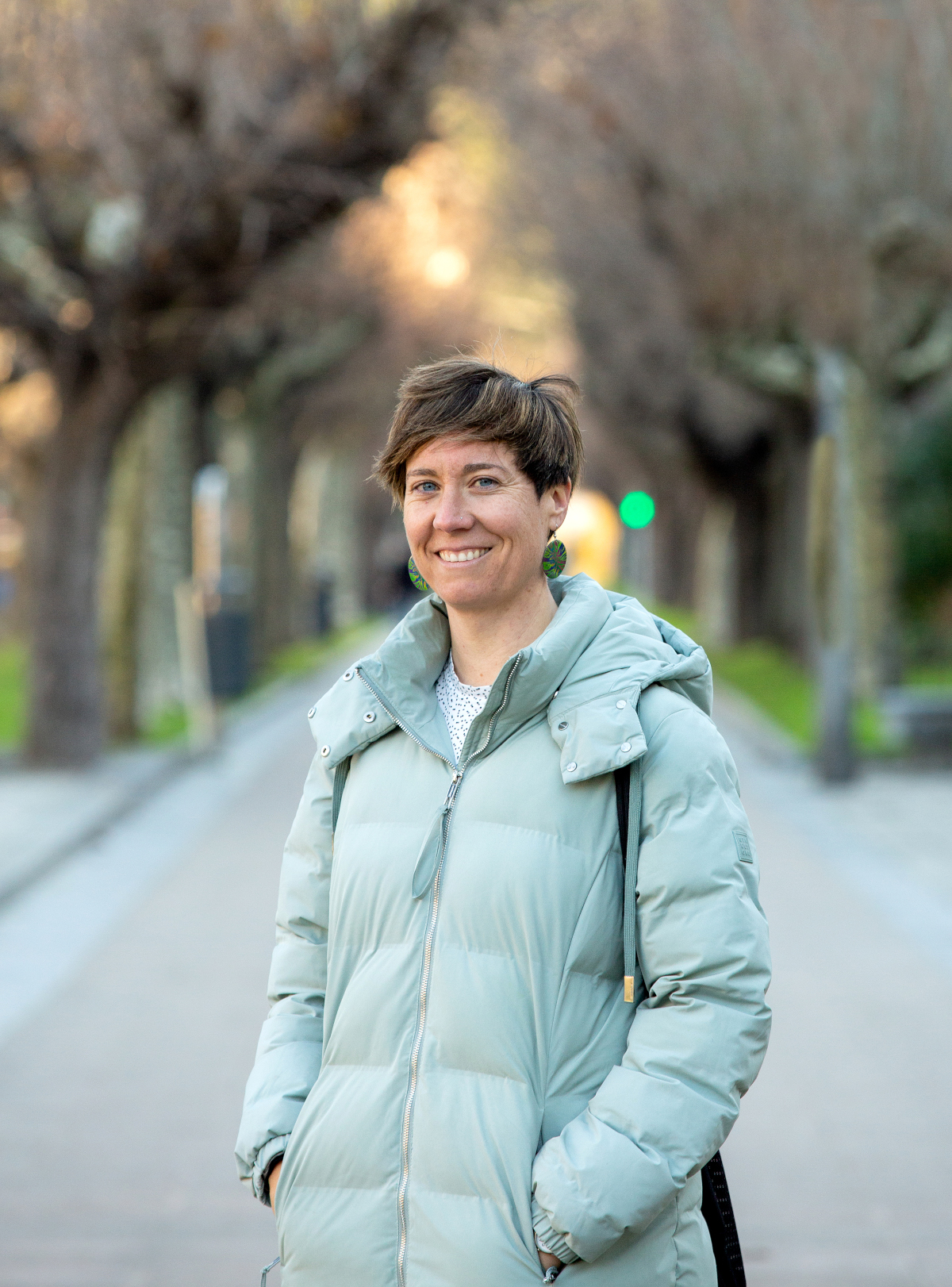Strengthening the health system or continuing to pay for external debt?
- Is it legitimate, when the lives of many citizens are at stake, to deny the economic momentum needed by weak health systems or to mislead them in order to continue to pay the external debt to the International Monetary Fund and to others? Along with the coronavirus, this question is also spreading these days in South and Central America.

The societies of South America and Central America present profound socioeconomic inequalities, which emerged during the era of colonialism and were reformed in the processes of capitalist modernization of the twentieth century. In the 1980s, the “world” opted for a clear ideological orientation in the face of the then crisis: neoliberalism. With the aim of attracting capital, neoliberalism came together with the massive privatizations of the public sector and cut the so-called welfare state to respond to the deficit. What happened next is well known, and today, globally, we have paid far more for the consequences of the dismantling of the public sector: the most extreme economic inequalities that have occurred since the First World War.
One of its crudest faces was in South America and Central America. Declining demand in the industrialized countries plunged the price of raw materials and rising interest rates increased the leakage of capital from south to north, increasing the real interest rate of debt.
The new phase of current capitalism has in most cases destroyed the public systems that were previously damaged. The most obvious proof of this can be seen in health systems.

Photo: The Universe
And now, coronavirus.
According to the Pan American Health Organization, 30 per cent of the 630 million people living in South America and Central America do not have access to health care for economic reasons. Considering all countries, the average investment in public health in Europe is half. Cuba alone is at par with the spending of European countries, 10.6% of Gross Domestic Product (GDP). For example, in the Spanish State the percentage is 8%.
In this context, the coronavirus pandemic has spread throughout the world, as well as throughout the Americas, putting before the mirror the structures of the states of all countries and, especially, those of the health system.
In Europe there is a long list of gaps left by this pandemic, in the health systems that are supposedly at high levels in all rankings, such as Italy, Spain or Osakidetza. In the cases of South America and Central America, in the states where neoliberal governments have diminished time and time again, it is essential to strengthen the public muscle to face the challenge. And that means an investment and, consequently, an increase in debt to properly care for patients, focusing on the most uncertain sector of society.
Who should increase their debt?
The external debt of the countries of South America and Central America stands at 43.2% of their Gross Domestic Product. The economic dependence of states on the International Monetary Fund, the World Bank, the American Development Bank and other international organizations is enormous.
The question is therefore clear. In order to cope with the pandemic, is it legitimate to call on these countries to make effective public health policies, but without failing to pay the huge external debt burdens? Prioritizing the health of citizens or continuing to feed unjust debt most of the time?

Ongoing debt defaulting campaign
The Latin American Strategic Centre for Geopolitics (CELAG) has launched a campaign to cancel the external debt of Latin America and Central America. It has started to obtain one million signatures as a necessary measure to deal with the "health emergency and the economic crisis that has arisen". The petitions, among many others, have already been signed by former presidents of various countries, such as Dilma Rousseff (Brazil), Luis Guillermo Solis (Costa Rica), Gustavo Petro and Ernesto Samper (Colombia), Fernando Lugo (Paraguay), Evo Morales and Álvaro García Linera (Ecuador), as well as José Luya.
They say that forgiving foreign debt is a measure that has been used in other historical moments, such as wars, diseases or pandemics. One of the best known examples is the time after the destruction of Germany during the Second World War. The international forces decided to forgive the essential figures of the German debt, which had not yet been recovered.
Despite the universal character of Covid-19, they stress that this crisis, like all crises, will illuminate a new geopolitical order. Therefore, in the face of so many difficulties, “forgiving external debt is as necessary as a just action”.
Pandemiaren eragina indarkeria matxistan azterketa kaleratu berri du Espainiako Gobernuak. Bertan ondorioztatu dute eraildako emakume kopurua gutxitu egin dela, hauek kontrolatuta eduki dituzten denbora gehitu izanaren ondorioz. Baina emakumeen suizidioak gizonenak baino gehiago... [+]
Merkatura ateratzear den Hipra txertoari patenteak kendu diezazkiola eskatu diote hogei erakundek Espainiako Gobernuari. Izan ere, Kataluniako multinazional honek COVID-19aren aurkako txertoa egiteko entsegu klinikoetarako diru publikotik gutxienez 15 milioi euro jaso ditu.
Nafarroako Gobernuak bart gauerditik aurrera indargabetu ditu COVID-19aren aurkako neurri murriztaile gehienak. Kalean eta ikastetxeetako patioetan ez da derrigorrean maskararik erabili beharko, gaueko aisialdiak eta ostalaritzak pandemia aurreko ordutegiak berreskuratuko... [+]
"Osasun Sailaren immobilismoaren eta konponbide ezaren aurrean", otsailaren 25ean greba deitu dute lehen arretan ELA, SATSE, LAB, CCOO eta UGT sindikatuek eta otsailaren 28an Osakidetzako esparru guztietan. Horrez gain, otsailaren 26an manifestazioak egingo dituzte... [+]
Chop! There it comes again, I've felt in my chest early, this puncture is rare.
Chop! I've gently rubbed the part of my heart above the jersey. To see if it happens, I have already said it under, so no one can hear it. At present, care must be taken to control what you are going... [+]
La Bogue da Frantziako Limousin (okzitanieraz Limosin) eskualdeko hedabide alternatiboa. Kolektibo autonomo batek kudeatua, boluntarioek egina eta militantea, bere burua kokatzen du mugimendu anti-autoritarioaren baitan. Bertan agerturiko artikulua itzuli dugu euskarara.
“Proba bat egin ostean, COVID-19an positibo eman dut. Ondo nago, sintoma arinekin. Hurrengo egunetarako aurreikusitako agenda publikoa atzeratu eta konfinamendutik lanean segituko dut”. Kendu agenda publikoaren zera hori erditik, eta edonorenak izan zitezkeen... [+]
Igande eguerdian milaka lagun atera dira Donostia, Bilbo eta Gasteizko kaleetara gehiengo sindikalak deituta, kalitatezko osasun publikoaren alde eta Lehen Arreta jasaten ari den kolapsoaren aurka. Oso gogor mintzatu dira Iñigo Urkullu buru duen Jaurlaritza osasun... [+]
Osakidetzaren azken protokoloak dio positibo baten kontaktu estua izanagatik COVID-19a azken 180 egunetan pasatu duenak, txertatuta egon edo ez, ez duela etxean berrogeialdirik egin beharrik, baldin eta ez badauka sintomarik.
Txertoaren hirugarren dosia abian da herrialde aberatsetan eta laugarren dosia ere ezarriko zaie arrisku taldekoei. Denborarekin txertoek eragindako antigorputzak galdu egiten dira, eta horiek gehitzeko errefortzu dosiak jartzea da gobernuen estrategia. Baina txertoen alde... [+]
The way science becomes public policy is governed by political and economic calculations, as well as by the moral and ideological commitments of politicians, parties and advisers.” Sociologist Jana Bacevic said this in April 2020 at The Guardian.
We have all been able to see... [+]






















